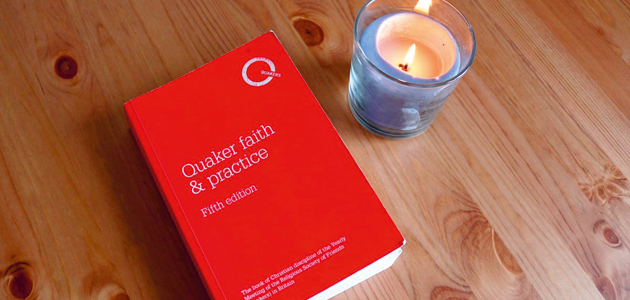Christmas is just as equally hard in so many ways; some of which you may be able to relate to...
The first one is grief, growing up Christmas Day evening we would always go to my Nana and Grandad's house with the rest of my family; then we lost my Nana and a few years ago my Grandad, and even though time has passed it still feels odd not to have that tradition.
I find the change in my usual routine and the house looking different difficult to cope with. I also struggle with sensory stimulation - flashing Christmas lights on someone's house, so much more to be looked at (such as the Christmas decorations around the house), Christmas music being played everywhere. It's often all just too much for me to cope with and process.
Christmas is meant to be a happy time, but when you're struggling with a mental illness such as for me depression and C-PTSD it can hard to feel happy. When you're around people you have you put on a mask and at Christmas you have to wear this mask a lot lot more and it can wares me down.
Even though I have come a million miles from where I was as a teenager with my anorexia I find the focus on food at Christmas time and then the subsequent New Year dieting craze still a challenge.
Carrying on with the mental illness and wearing a mask there's no days off when you have a chronic illness/disability and with that too you have to put on a mask. I feel the need to have to hide how much pain or fatigue or whatever other symptoms you're experiencing around people and go to that event and this tradition and almost battle with your body to get through as much as you can bare and you're waiting out for when you can retreat to the quiet comfort of your bedroom.
Continuing from that when you have a chronic illness/disability there's also a lot of delegation as to where and when to spend your limited precious energy. There can also be a lot of cancelled plans or downturned invites and feeling of missing out and also not feeling like you average 20-something year old.
There are positives to this though. It's not all doom and gloom. Explaining to loved ones you health problems can help such as dishing you up a smaller portion for Christmas dinner so you don't have a dreaded gastro flare up. Delegation can be difficult but choosing what events you will go to and also how long for will mean that you can have a nice enjoyable time with reduced levels of payback.
Listening to your body is important. You may need to say for example need extra sleep at night and if you do somewhere and you're body is saying it's had enough be kind to your body and go home or to the quiet retreat of your bedroom.
It's all very individual to you but make the most of the good moments, even if it's just for a couple of hours and be around of yourself for managing that.
You might find it helpful to have a mini coping kit. Like this Christmas I know I will find my noise reduction ear plugs and noise cancelling headphones helpful to get some quiet in my bedroom if I'm sitting out of an even downstairs or if someone is paying music and I want a nap. I'm currently in neuro rehab but will be going home for Christmas so I'll have my daily routine to follow as close to as possible (though unfortunately no lay-ins will be allowed!)
Always look for the positives and rather than feeling like your health is preventing you, see your body as something that needs nurturing and kindness and remember that if you can't do something this year it's not a once in a life time opportunity as Christmas comes around every year.





















